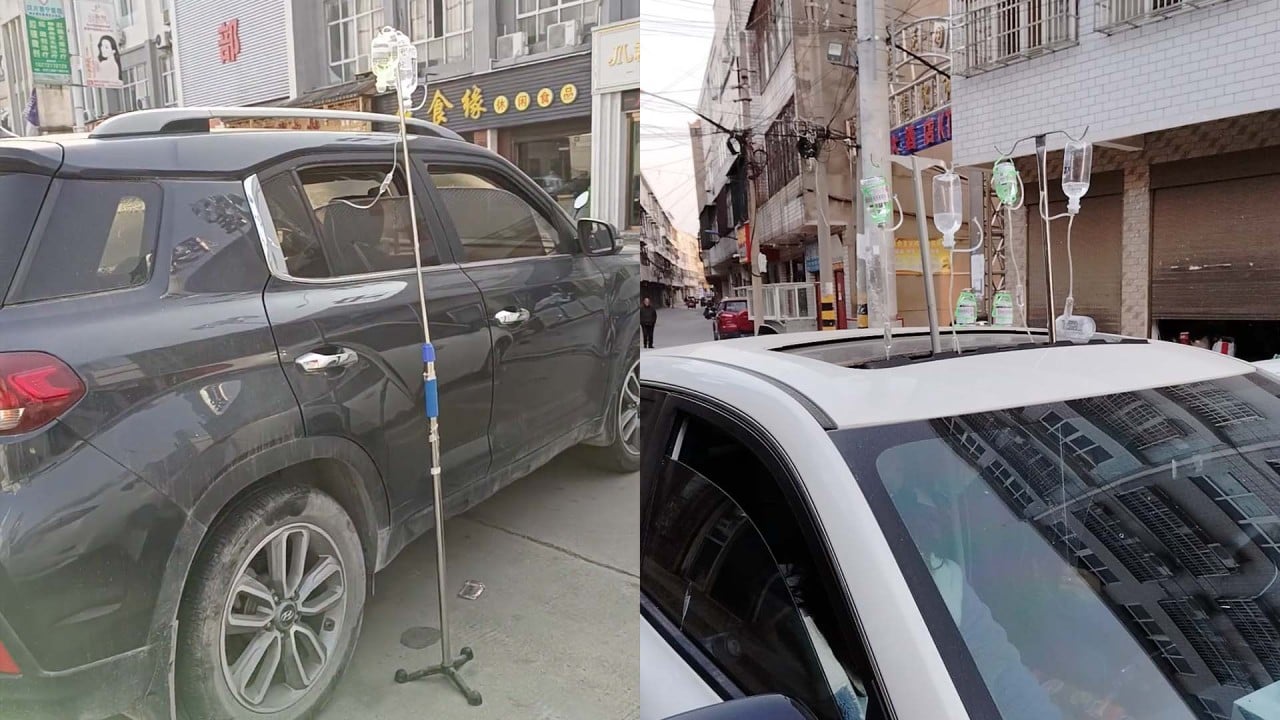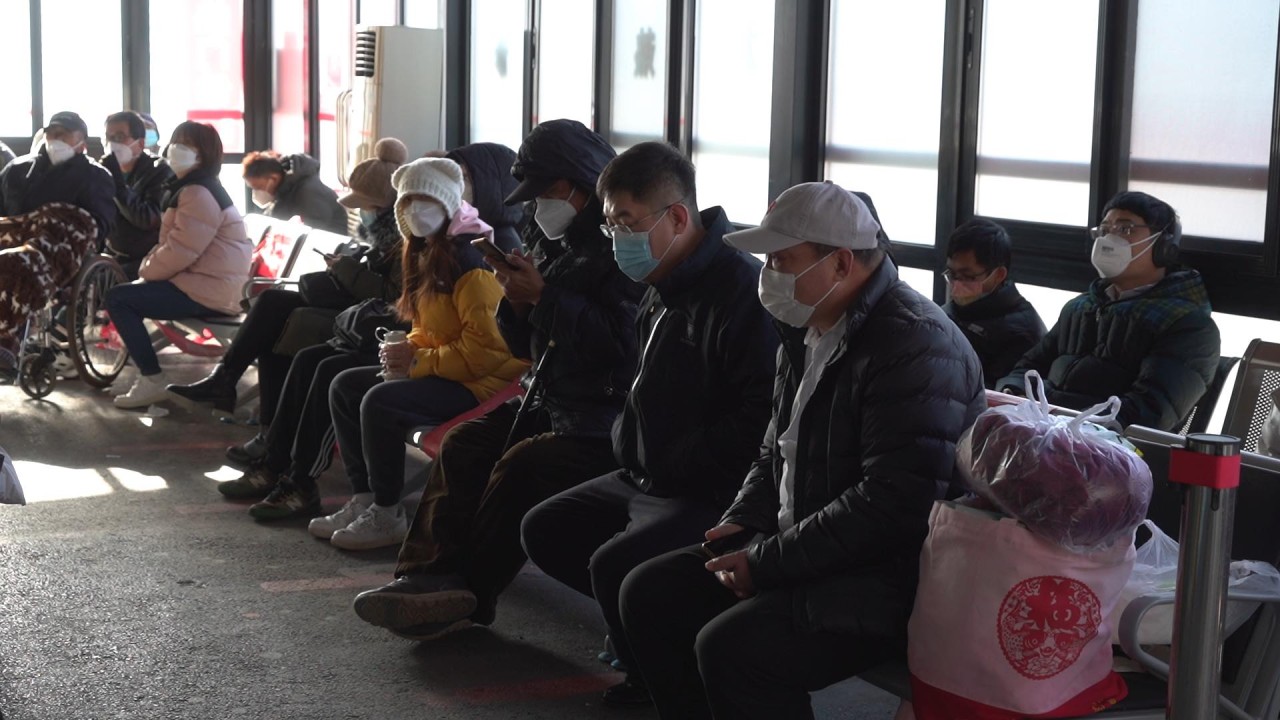
Innovation hub helps China step up collaboration with Thailand in health and life sciences
- Chinese biophysicist Rao Zhihe has been appointed hub’s first strategic scientist
- He has been working on natural anti-Covid products with Mahidol University researchers
Early in the coronavirus pandemic, prominent Chinese biophysicist Rao Zhihe and his team identified two parts of the virus that could be targeted by drugs and shared the information with scientists around the world.
“We shared them with more than 300 universities, research institutes and companies that approached our team before the findings were published,” Rao, a professor at Tsinghua and ShanghaiTech universities said in an interview in Bangkok last month on his first trip abroad in three years.
The information was shared in the hope of speeding up the development of effective drugs, he said while attending a forum with industry and university leaders on how biomedical research partnerships in the Asia-Pacific region could help to prevent the next pandemic.
Rao said the world “desperately” needed a broad-spectrum and effective antiviral drug, which his team was working towards, for the ongoing and future coronavirus pandemics, and joint efforts from international scientists were key.
“I believe China and Thailand have good room for cooperation,” the former president of Nankai University in Tianjin said during the forum, which was organised by the Association of Pacific Rim Universities.
“With worldwide collaborations, we will take an active part in preventing the next pandemic.”
In November, Rao was appointed as the first strategic scientist at the China-Thailand Asean Innovation Hub, where he will work with peers in Thailand and Southeast Asia in life and health sciences, the Chinese Academy of Sciences’ Innovation Cooperation Centre in Bangkok said. It co-founded the hub with the China-Asean Technology Transfer Centre.
During his trip to Bangkok, Rao also talked about the life cycles of coronaviruses at the Chulabhorn Royal Academy research institute, saying humanity should face the coronavirus with a science-based attitude and researchers should meticulously study viruses on the premise of ensuring the safety of life and the environment.

“Partnerships can only happen if we have shared interest,” he said at the forum. “We need to think about the health of the planet because this is just a manifestation of the messed up state of planetary health. It really affects the development of human civilisation and the natural system on which it depends.”
Rao’s team has been researching coronaviruses since the severe acute respiratory syndrome outbreak in 2003, and he said that journey, lasting nearly two decades, had been “a test for scientists”.
“Although the outbreak was short-lived, our team did not give up and carried on with the research,” he said.
“It’s a test for scientists to persist in a once-hot topic. When the issue was hot, it received abundant attention and funding. Although it became difficult when the topic had died down, we were clear that we would stay the course.”
Their determination was rewarded when Covid-19 hit years later.
“We were ready when the pandemic started,” Rao said. “We quickly dominated the research on the drug targets of the coronavirus.”
In April 2020, the team reported on the microscopic structure of the central component of coronavirus’ replication and transcription machinery.
The researchers were from five universities in China, as well as the University of Queensland in Australia, and their findings provided a basis for the design of new antiviral therapeutics that targeted the component, the team wrote in an article published in the journal Science.
Rao said the team was “confident that the central component is a good target for antiviral drug design”.
“As the spike protein of the virus surface mutates, vaccines and antibody treatments would have to adapt,” he said. “But the inner component is rather conservative and does not change as much.”
He said the team would continue to work on developing a drug that was effective in fighting different variants of the coronavirus, which could be “more important than vaccines” in preventing future pandemics.
“The new drug is for the good of the world and humanity and it should be shared globally,” he said. “I’m proud that our work as scientists contributes to society.
“Progress in science development is the shared advancement in humanity. The world should work together to create, share and enjoy the fruits of scientific advancement.”
He said international exchanges and collaboration between scientists and the sharing of knowledge were needed in all fields of science and for the development of talent.
“The pandemic shows us that promoting public health and eliminating diseases are shared tasks of the world as viruses are not bound by borders,” Rao said.
“We must regard science and technology as our primary productive force, talent as our primary resource, and innovation as our primary driver of growth,” Xi said.
Rao said that to build the three pillars, China should emphasise the strengthening of basic research and international collaborations, while encouraging young talent to participate in exchanges at home and abroad.
“Starting from the basics and collaborating internationally are key to growing these three pillars,” he said.









